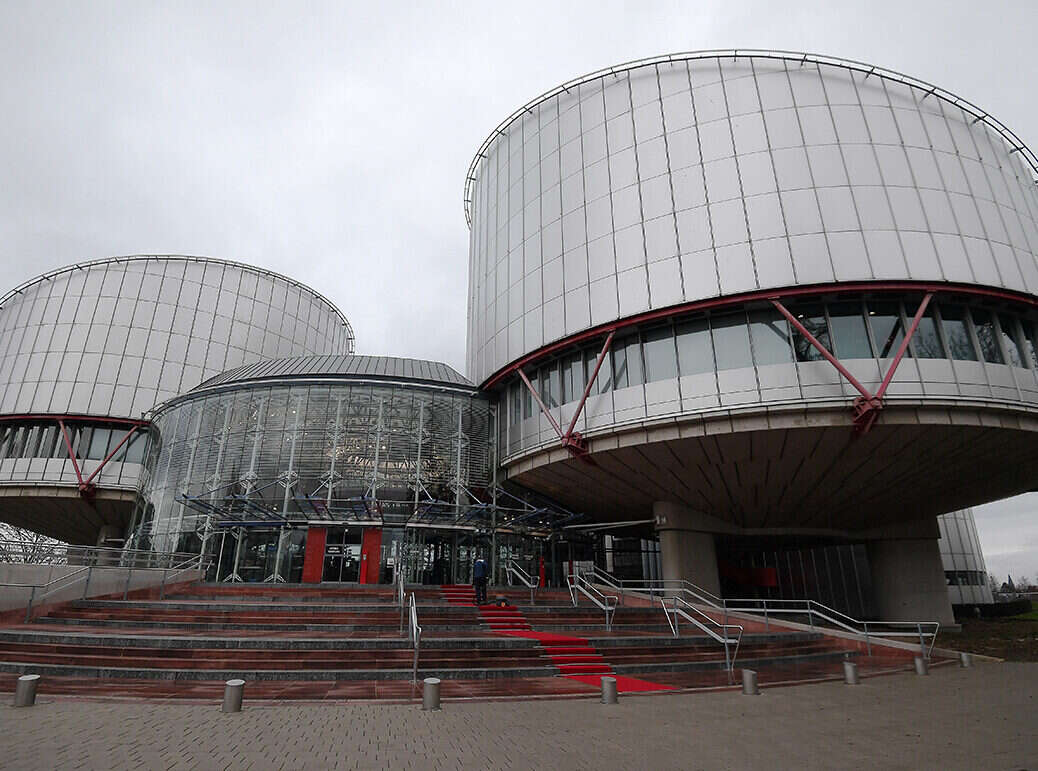
The publisher of the Daily Mail has won a ruling at the European Court of Human Rights opposing “excessive” costs incurred by claimants in defamation and privacy cases.
The publisher argued that its right to freedom of expression, under Article 10 of the European Convention, had been breached.
The ruling follows a privacy case brought by man who was arrested, but not charged, following a terror attack. The Mail’s £83,000 damages award was dwarfed by the £822,000 paid out to the man’s lawyers.
Associated Newspapers took the UK Government to the Strasbourg court over conditional fee arrangements (CFA) and After the Event (ATE) insurance premiums in relation to two recent cases for which it had to pay the extra costs.
It won on CFAs and the UK was ordered to pay the publisher €15,000 in costs and expenses, with a further decision to be made on any pecuniary damages. But the publisher did not succeed on the part of its case relating to ATE premiums.
CFAs allow claimants to engage a solicitor on a “no win, no fee” basis or pay only part of the fee before the case concludes. If they win, they pay a success fee on top of the normal fees. But if they lose, their lawyer does not get paid.
ATE premiums underwrite a claimant’s liability to pay the defendant’s costs should their case be unsuccessful.
Associated complained about CFAs in relation to a privacy case brought by a man named by Mail Online after he was arrested, but never charged, on suspicion of involvement in the 2017 Manchester Arena terror attack.
The ruling in favour of the man is one of a number in recent years that have set a precedent in favour of greater privacy and against naming suspects before charge.
Associated was ordered to pay the man £83,000 in damages plus costs of £822,421.79, which included £245,775 plus VAT for the success fee agreed between the man and his lawyer.
The publisher agreed that its liability to pay this sort of success fee breached Article 10 (freedom of expression) of the European Convention on Human Rights.
Associated said, according to a court summary, that the “burdens placed on unsuccessful defendants were excessive and unfair, and the threat of such liabilities was plainly capable of discouraging the participation of the press in debates over matters of legitimate concern”.
The case referenced a 2011 ruling in which Mirror publisher MGN Ltd won a similar case in the European Court after it faced a legal costs bill for more than £1m over a case in which supermodel Naomi Campbell won £3,500 in damages.
Legislation was adopted in 2013 to prevent losing parties from being liable for success fees and ATE insurance premiums – except in defamation and privacy cases. Liability for success fees in defamation and privacy was abolished in 2019, except when the CFA pre-dated that decision which was the case here, but successful claimants can still recover the costs of ATE premiums from the losing party.
For this reason the court concluded that the obligation on the media company to pay additional costs including success fees was “disproportionate”, resulting in a violation of Article 10.
But it found the obligation to pay ATE premiums to the man in the Manchester Arena case, as well as to a woman who separately settled with Associated over “defamatory” allegations that she gave credibility to the false claims of convicted fantasist Carl Beech that led to the historic child sex abuse investigation Operation Midland, was not disproportionate.
The woman in that case asked to receive £825,164.40, of which £335,160 represented the ATE premium, but ultimately accepted £709,095.15 as the costs settlement.
The judgment summary said the premium payments were proportionate “especially since those premiums would have served in the newspaper company’s interests had it won the cases against it”.
The ruling was a Chamber judgment, meaning both sides now have three months in which they can ask for it to be referred to the Grand Chamber of the Court for consideration as to whether it deserves further examination.
Email pged@pressgazette.co.uk to point out mistakes, provide story tips or send in a letter for publication on our "Letters Page" blog
